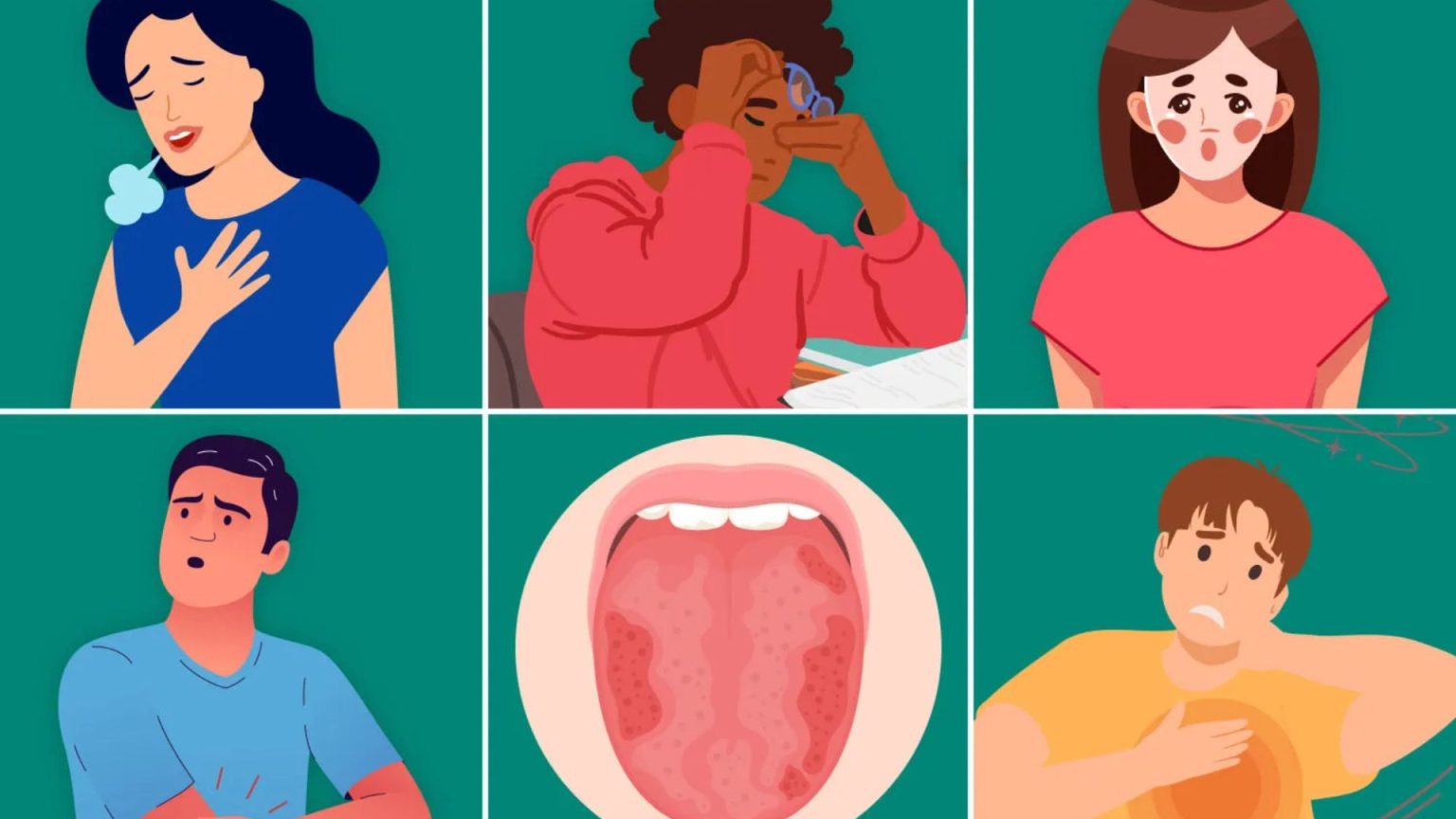The National Health Service (NHS) in England is witnessing a troubling surge in hospital admissions due to vitamin deficiencies, particularly iron and vitamin B. This alarming trend, reflected in recently released data, reveals a significant rise in patients presenting with symptoms linked to the lack of these essential nutrients. The increase is particularly pronounced when compared to data from 25 years ago, painting a stark picture of the growing impact of nutritional deficiencies on public health. This rise coincides with increasing food prices, making nutritious diets unaffordable for a growing segment of the population, while less healthy, processed “fast foods” remain readily and cheaply available.
Iron deficiency, often manifesting as anemia, can severely compromise the immune system, increasing susceptibility to infections and illnesses. Untreated anemia can also lead to cardiac complications, including an abnormally rapid heartbeat and potentially heart failure. Vitamin B12 deficiency mirrors some of the effects of iron deficiency, also causing anemia. However, it further presents neurological symptoms ranging from confusion and depression to anxiety and even dementia. These deficiencies, while treatable through supplements or dietary changes, underscore a growing nutritional crisis within the population.
The statistics are stark. Hospital admissions for iron deficiency have seen an almost tenfold increase in the past 25 years, reaching 191,927 in 2023/24. Similarly, admissions related to vitamin B deficiency (excluding folate) more than tripled over the same period. Folate deficiency anemia admissions, while stable from the previous year, show a concerning fourfold increase compared to two and a half decades ago. These numbers represent only the most severe cases requiring hospitalization. When considering all NHS treatment courses involving vitamin deficiencies, the figures are even higher, highlighting the widespread nature of the problem.
The implications of these deficiencies go beyond immediate health concerns. In children, iron deficiency can hinder development and impact academic performance. The Royal College of GPs emphasizes the well-established link between nutrition and overall health, warning that poor diets increase the risk of developing various health conditions and exacerbate existing ones. They express deep concern over the rising admissions, attributing them, in part, to the increasing unaffordability of fresh, healthy foods. This financial barrier forces lower-income individuals towards cheaper, less nutritious processed foods, creating a vicious cycle of poor health outcomes.
Recognizing the symptoms of these deficiencies is crucial for early intervention. Iron deficiency often presents as paleness, irritability, persistent tiredness, heart palpitations, and headaches. More unusual symptoms can include a sore tongue, tinnitus, altered taste perception, itching, hair loss, pica (craving non-food items), difficulty swallowing, mouth sores, and spoon-shaped nails. Vitamin B12 deficiency often includes shortness of breath, headaches, indigestion, loss of appetite, palpitations, vision problems, weakness, fatigue, diarrhea, a sore tongue, and cognitive issues like memory problems and impaired judgment. Neurological symptoms such as numbness, weakness, pins and needles, and problems with balance can also occur.
Combating this growing nutritional crisis requires a multi-pronged approach. Increasing access to affordable, nutritious foods is paramount. Public health campaigns emphasizing the importance of a balanced diet and providing guidance on healthy eating choices can empower individuals to make informed decisions. Early detection and treatment of deficiencies are also essential, with healthcare professionals playing a vital role in identifying and addressing these issues. Addressing the root causes of food insecurity and poverty is crucial to ensuring long-term improvements in public health. The government must commit to preventive healthcare strategies and implement policies that ensure everyone has access to a healthy and balanced diet, creating a healthier future for all.











